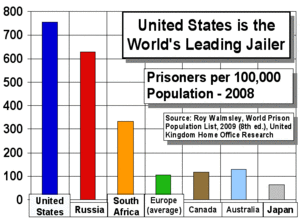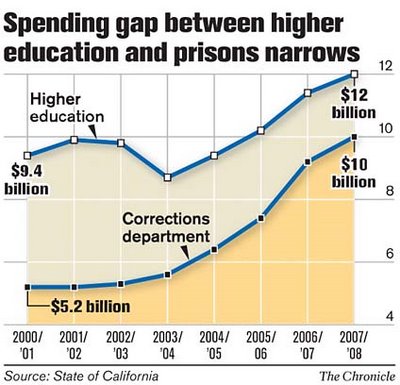Mars makes Skittles. Suddenly it doesn’t want to be associated with ALEC, the American Legislative Exchange Council. Ditto electric utility Arizona Public Service (APS). That makes 10 if you count the Bill and Melinda Gates Foundation along with Pepsi, Coke, Kraft, Intuit, McDonald’s, Wendy’s, and Reed-Elsevier. Keep ’em goin’!
Rebekah Wilce wrote for PRWatch Thursday, Mars and Arizona Public Service Dump ALEC,
Mars had been an exhibitor at ALEC’s 2011 annual meeting in New Orleans. Mars is the maker of Skittles, the snack Trayvon Martin had purchased before he was shot by George Zimmerman, whose arrest was delayed due to an NRA-backed gun law that became an ALEC “model” bill.
APS had been a member of ALEC’s Energy, Environment and Agriculture Task Force, which adopted such “model” bills as the “State Withdrawal from Regional Climate Initiatives Act” and the “State Data Quality Act.” News of its breaking ties with ALEC comes on the heels of a new updated report on ALEC in Arizona published by People for the American Way, the Center for Media and Democracy (CMD), Common Cause, and ProgressNow.
There’s more about Mars saying it merely decided not to renew its ALEC membership, as part of a general review of memberships. Yeah, right.
Here’s another petition for companies to leave ALEC.
I’m still rooting for UPS, based in Atlanta, to escape ALEC.
-jsq











